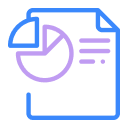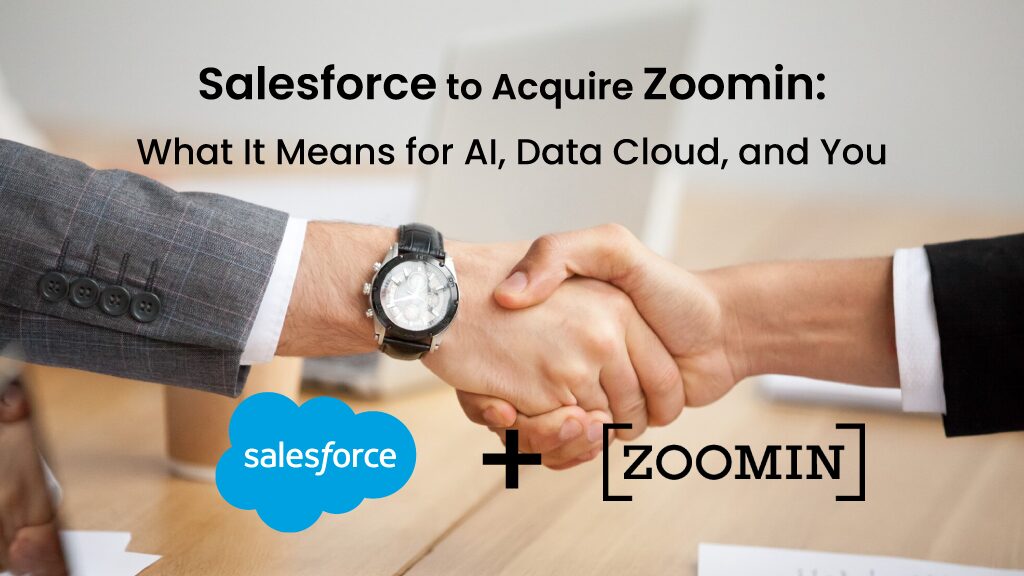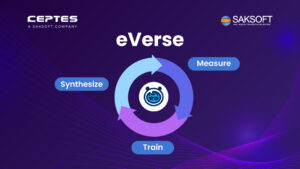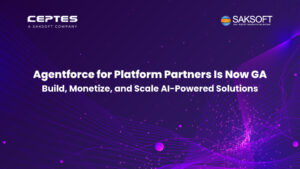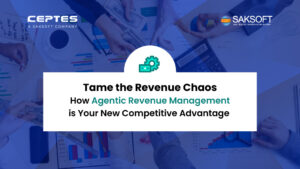Salesforce has made yet another major move – they’ve just signed a definitive agreement to acquire Zoomin, one of the leading data management companies specializing in unstructured data. This is big news for anyone following the future of AI and customer relationship management (CRM) because it means Salesforce is ramping up its capabilities to help businesses unlock the full potential of their data.
Let’s break it down and dive into what this acquisition really means for Salesforce, its AI agents (like Agentforce), and how it could change the way businesses interact with their customers.
So, What’s the Big Deal with Unstructured Data?
When we talk about data, there are two main types: structured and unstructured. Structured data is neat and organized—think of spreadsheets with clearly defined rows and columns, like sales reports or customer contact lists.
Unstructured data is messier and comes in formats that are not easily sorted or categorized—things like emails, PDFs, videos, social media posts, and support documents. This unstructured data makes up the majority of data that businesses have, but it’s difficult to use in AI systems because it’s harder to process and analyze.
That’s where Zoomin comes in. Zoomin specializes in managing and making sense of unstructured data. By acquiring Zoomin, Salesforce’s Data Cloud will be more powerful, digging deeper into that messy but valuable unstructured data to create AI-driven customer experiences that are smarter and more context-oriented.
How Does This Help Salesforce?
With Zoomin’s technology onboard, Salesforce’s Agentforce AI agents will become even more intelligent. Imagine, an AI assistant that not only knows your purchase history but can also scan all your past emails, support tickets, and even social media interactions to give you a personalized, thoughtful response in real time. That’s the level of intelligence we’re talking about.
For businesses using Salesforce Service Cloud, this could be a game-changer. With Zoomin’s ability to organize and pull valuable insights from unstructured data, companies can now leverage their enterprise knowledge in new ways. For instance, customer service teams can use AI to automate routine tasks, helping them resolve issues faster and more effectively. Think of it like this: instead of a customer support rep manually looking through old documents to answer a question, an AI assistant could instantly scan and pull up the most relevant information. It’s all about speed, accuracy, and improving the customer experience.
A Real-World Example
Imagine you’re a customer reaching out to your internet service provider about an issue with your connection. In the past, the AI assistant would give you basic troubleshooting tips based on structured data, like your account details or common issues logged by other customers. But with Zoomin’s unstructured data capabilities, that AI assistant can now scan previous conversations, detailed technical guides, or even user-generated forums to offer a solution that’s more tailored to your specific problem.
And for the service reps? It means less time spent digging through documentation and more time delivering real solutions, leading to faster resolutions, happier customers, and lower operational costs for the business.
Zoomin’s Role in Salesforce’s Vision for AI
Rahul Auradkar, Salesforce’s EVP & GM of Unified Data Services & Einstein, sums it up best: “Proprietary unstructured data is powerful fuel our customers can use for AI agents and customer experiences, and Zoomin’s proven expertise and technology will accelerate Data Cloud’s innovation and enable our customers to get better value from Agentforce.”
This is where Zoomin truly shines. As more businesses lean into AI for their operations, the ability to fully utilize all their data (both structured and unstructured) becomes essential. With Zoomin now a part of Salesforce, the possibilities for AI-driven customer experiences expand significantly. Businesses will be able to deploy AI agents that can pull context from a wider variety of data sources, making the interaction feel more human and less robotic.
Zoomin’s Journey with Salesforce
Zoomin isn’t new to the Salesforce ecosystem. In fact, the two companies have been working together for a while. Zoomin became a Salesforce AppExchange partner in 2018 and has been part of the Salesforce Ventures portfolio since 2019. Hundreds of Salesforce customers are already using Zoomin’s product to deliver seamless experiences to their customers, partners, and employees. So, this acquisition feels like the natural next step in their partnership.
In August 2024, Salesforce teamed up with Zoomin to launch Unified Knowledge, a tool that consolidates an organization’s knowledge from various third-party systems like SharePoint, Confluence, Google Drive, and company websites into Salesforce, creating a unified platform for easy access and integration.
What’s Next?
The acquisition is expected to close in the fourth quarter of Salesforce’s fiscal year 2025, which means we could start seeing these exciting changes roll out in the near future. Until then, Salesforce and Zoomin will continue working together to ensure a smooth transition.
It’s important to note that this deal won’t affect Salesforce’s current financial guidance, and no additional financial details will be disclosed at this time. In other words, Salesforce is keeping things steady while setting the stage for something truly game-changing.
Wrapping Up
Salesforce’s acquisition of Zoomin is all about pushing the boundaries of what AI and data can do. By bringing unstructured data into the mix, Salesforce is setting the stage for smarter, more personalized customer interactions through its AI agents like Agentforce. Businesses will be able to tap into a treasure trove of previously unused data, improving everything from customer service to overall efficiency.
As AI continues to evolve, having access to all types of data—not just the neat and tidy kind—will become crucial for businesses looking to stay ahead. And with Zoomin in the fold, Salesforce is poised to lead that charge.
FAQs:
1. How does the integration with Data Cloud impact the AI capabilities of Service Cloud?
2. How does Salesforce's AI-powered Service Cloud integrate with existing systems?
3. What is the expected timeline for the availability of these new functionalities?
- Service Planner is expected to be in pilot in October 2024.
- Customer Experience (CX) Intelligence will be generally available in November 2024.
- The Employee Service Self-Service Portal, HR Service Console, and Workday integration will be generally available in October 2024.
- Employee Service Agent will be generally available in 2025.

Nilamani Das
Nilamani is a thought leader who champions the integration of AI, Data, CRM and Trust to craft impactful marketing strategies. He carries 25+ years of expertise in the technology industry with expertise in Go-to-Market Strategy, Marketing, Digital Transformation, Vision Development and Business Innovation.










